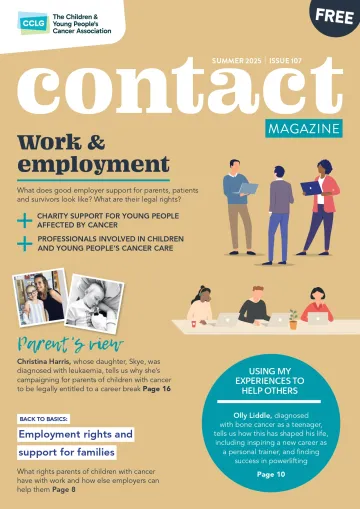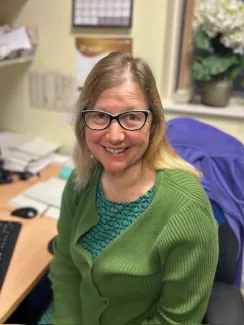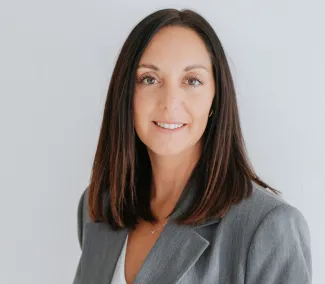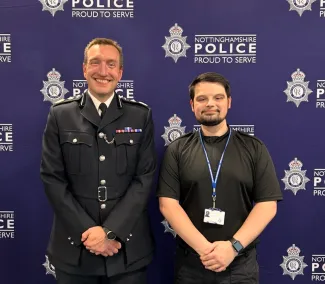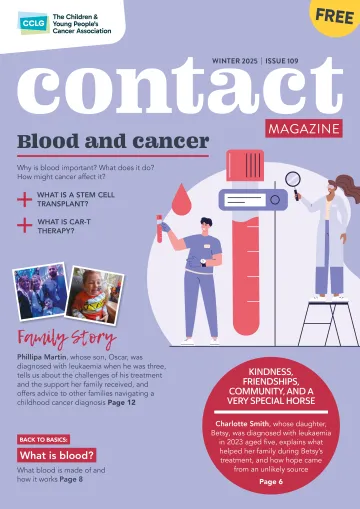I was suffering for a long time with a variety of symptoms and must have visited my GP over 20 times before I was finally diagnosed with a pineal germinoma. Eventually, we decided to go the hospital instead. There, I was asked to do a variety of tasks such as squeezing the doctors’ hands and walking in a straight line, and I had my eyes checked along with other tests. I then had an MRI scan, which is where they found the growth. A biopsy confirmed my diagnosis, and I then had four weeks of intense radiotherapy, which shrunk the tumour right down.
The impact of my cancer
I’ve been ‘all-clear’ for 13 years, but life hasn’t been easy. I have to take a variety of pills to replace all the hormones that my brain no longer produces, and it can be very difficult to manage. I’ve struggled with fatigue, head pains and issues with my medication ever since my treatment, but I’ve tried to stay positive through every hurdle.
Getting into work has been difficult as I’ve struggled with my energy levels. Some of my previous employers haven’t been very understanding of my conditions. They didn’t understand that I take regular medications and must take them at strict intervals to ensure I’m healthy. This lowered my self-confidence, which has taken me a long time to rebuild.
How my current employers support me
I’m now working at a pharmacy doing a job I love. Ever since I recovered from my brain tumour, I’ve always wanted to work in a role where I can help other people with their health, so this suits me perfectly.
When I first started and was learning the role, I was slightly anxious as my memory and health issues had let me down before. I was worried I’d be the same in this role. I spoke to my manager, to explain my circumstances and see if there was any support she could give, which she and my colleagues did in abundance!
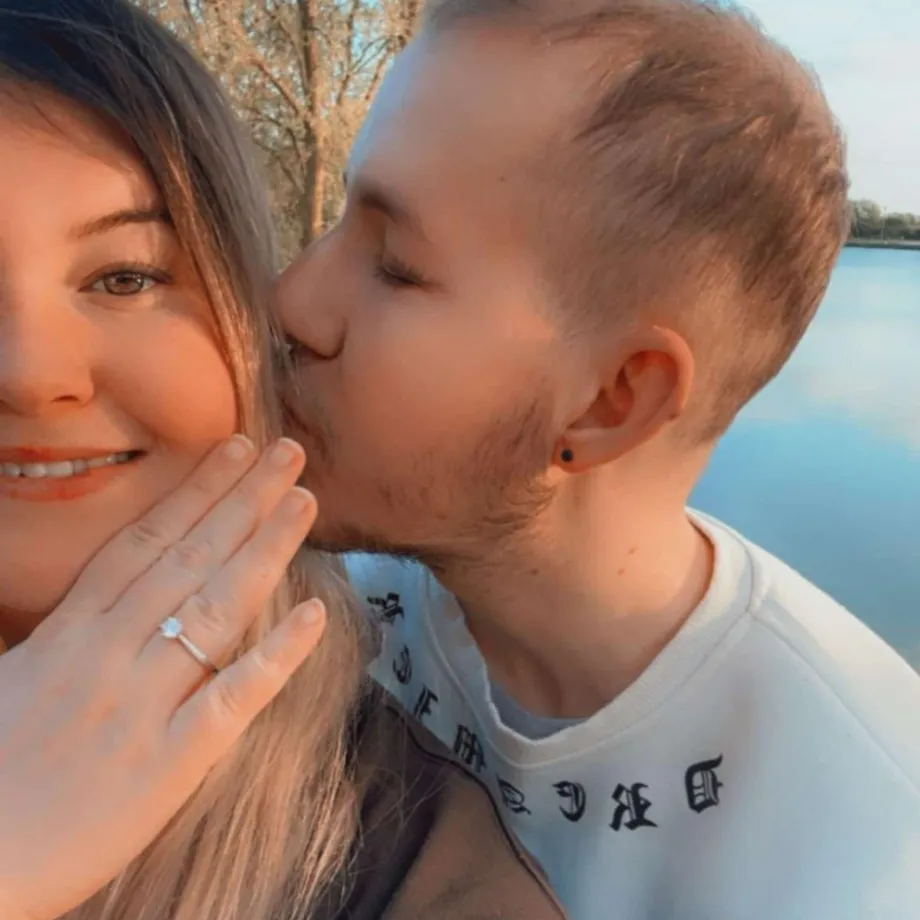
Shane with fiancé, Emily
I work with a robot for the most part of my job and that includes packaging up medication and ensuring the right tablets are in the correct slots in a blister pack. My employers told me that if this was getting too much, I’m welcome to take a break for a bit and do a less challenging task. Knowing I can take myself off if it gets too much has helped me a lot.
What else has helped with employment?
My consultants have been very supportive with helping me get back into work and providing letters to my employers to help them understand my conditions better. My lovely fiancè, Emily, has also always supported me and I know I wouldn't be where I am now if it wasn't for her!
Something that I found beneficial was keeping a journal, where I’d outline how my workday went, what I ate and drank, how I felt, and if there was any point where I was feeling tired or worn out. I could then work out if anything was contributing to how I was feeling on a day-to-day basis, enabling me to focus on doing the things that helped me feel good.
My advice to others
I’d always tell others to keep on pushing forward, no matter how far ahead your goals may seem. Seek out any additional help you may need from your clinicians and employers, and don’t be afraid to be open about how you’re feeling and what support could benefit you. Your employers might be able to support you in more ways than you may think!
From Contact magazine issue 107 | Summer 2025


